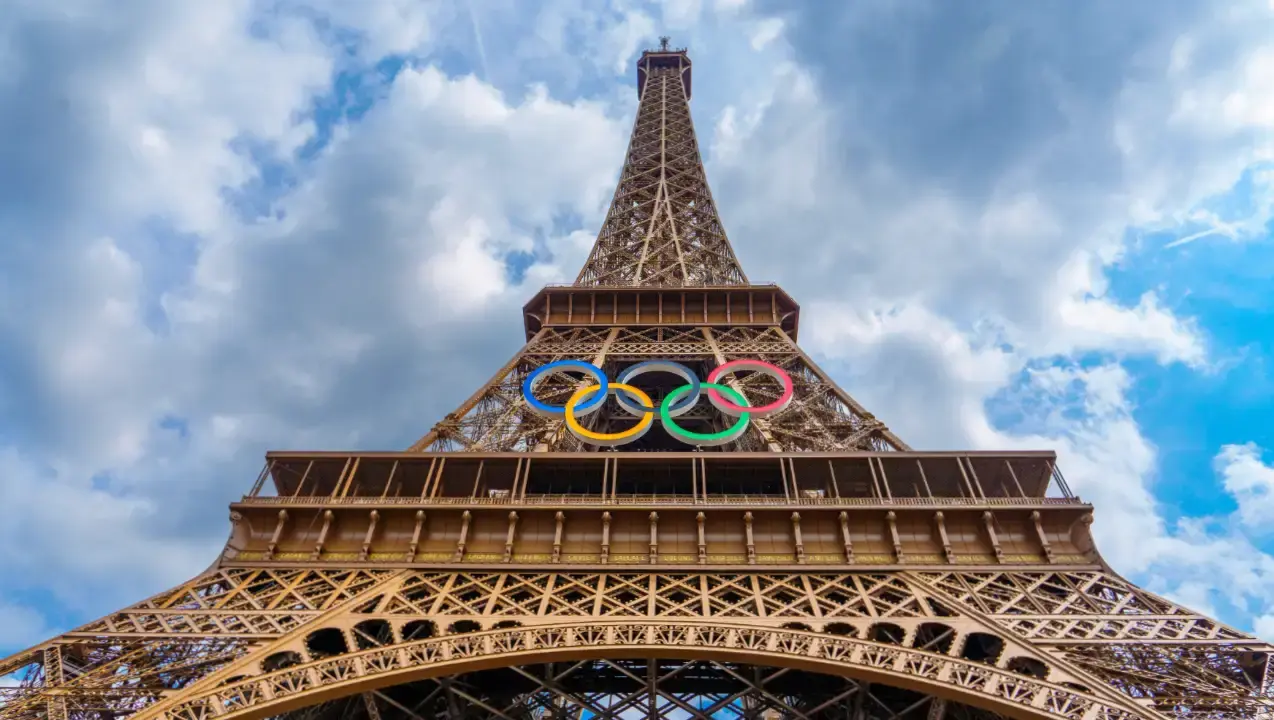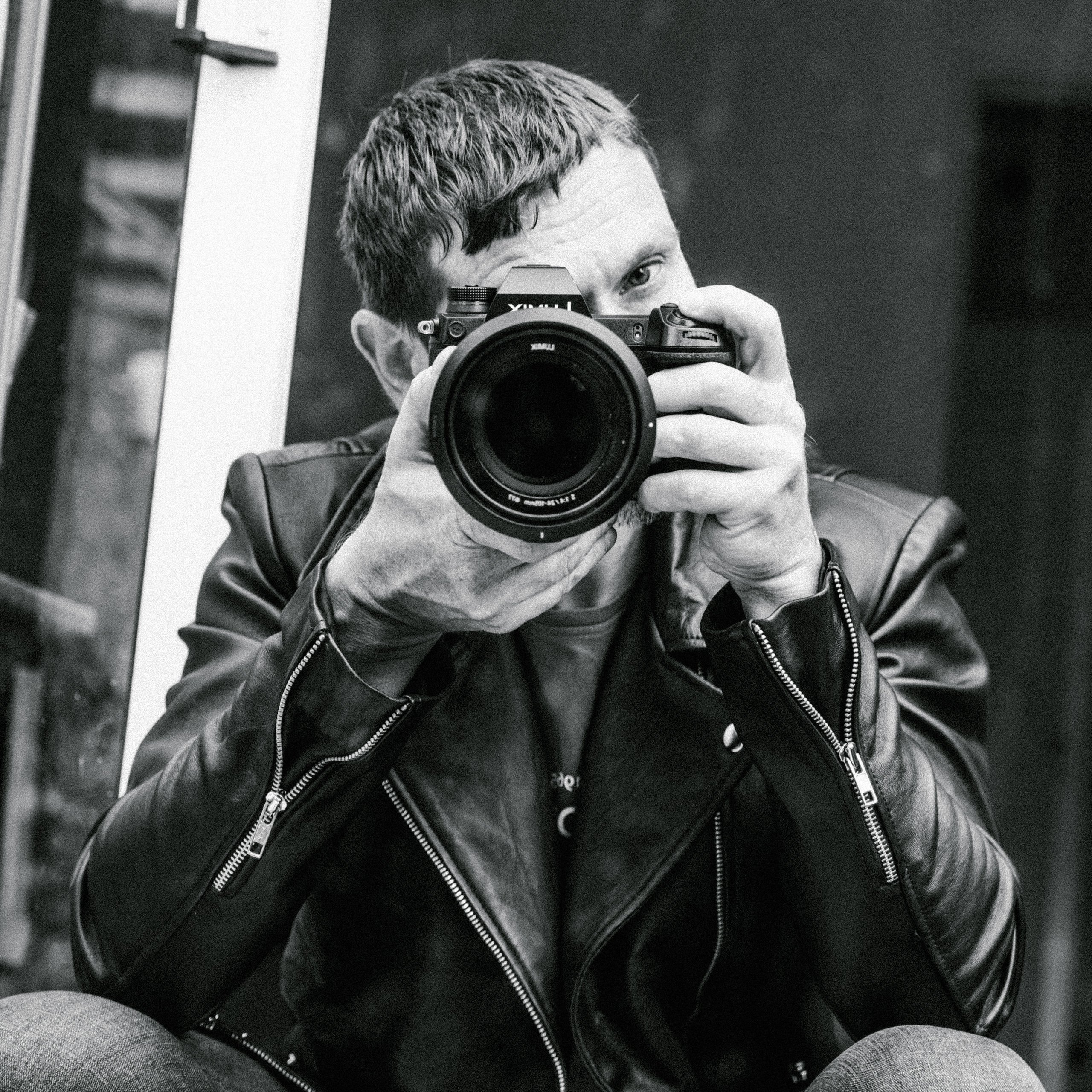
The Olympics has always been a gargantuan exercise in broadcast logistics, but with over 1000 cameras capturing 11,000 hours of content, this year the producers are pushing the envelope more than ever.
It's the end of July 2024, and the Paris Olympic Games are well underway. After what turned out to be, shall we say, a rather soggy opening ceremony, the sporting events are now underway in earnest.
The modern Games features a huge number of sports far outside the norms of traditional track and field. Events like downhill mountain biking, skateboarding, surfing, and kayak cross have brought renewed interest in the event. Some of a more traditionalist viewpoint dislike the more modern events, but they have injected much needed vigour and interest into an overall competition that could very easily stagnate, given the pure expense of putting the thing on. Having an interested audience is key. Gaining a new audience is also crucial.
However, the vastly increased number of events brings with it more challenges when it comes to broadcasting. Whereas once upon a time, two channels might have been enough to show most of the main events, today's Olympic Games features so many different live streams, each with their own unique logistics and challenges, that the modern Olympic Games seems tailor-made for a digital age. The likes of Discovery+ in Europe and Peacock in the USA are carrying up to 55 concurrent live streams. It isn't just traditional broadcast logistics that are being challenged either. Every new Olympic Games broadcast also features groundbreaking new camera technology and ways of capturing the sporting action.
The role of Olympic Broadcasting Services
The job of putting together the Olympic Games broadcast is down to Olympic Broadcasting Services, otherwise known as OBS, which was set up in 2001 to ensure Games coverage was always of the same high-standard, and boasts 160 permanent staff with an average experience of 10 Olympic Games or more.
The stats for the event are quite mind-boggling. The opening ceremony alone featured over 100 different camera systems, two custom stabilised boats, and footage from over 200 mobile phones deployed on the athletes' boats. The Games as a whole will result in over 11,000 hours of live broadcast footage. There are 81 UHD feeds, 70 production galleries, over 1000 camera units overall, over 20 multi-camera replay systems, and over 3800 microphones. With all of the distribution feeds being cloud based this year, OBS has reserved 4.2Tbps in network bandwidth for the International Telecommunications Network.
Photograph by IOC/David Burnett
Additionally, OBS is also responsible for the development of the virtual studios for sports pundits, as well as implementing AI-based technology developed by companies like Olympus for tracking athletes and giving realtime statistical information.
Panasonic is the official supplier of cameras for the event, providing over 150 of them, although during the opening ceremony, numerous Insta360 cameras were spotted being used by athletes in a personal capacity. Many of the cameras being used for the event include PTZ units in press pools.
Interestingly, the increase in overall broadcast systems hasn't increased the production footprint in terms of eco credentials, something that the OBS appears keen to improve on each Games. In fact, there's been a 29% reduction in overall broadcast venue power requirements since Tokyo, and a 44% reduction in power loads from the central International Broadcast Centre (IBC). Much of this reduction comes from an increased reliance on cloud sharing and broadcasting to distribute assets to media rights holders.
Broadcast standards
As befits an event of this stature, the broadcast is being mastered in 4K HDR with 5.1.4 surround sound. The production is also using cinema style lenses for the first time across all sports in an effort to increase apparent production value even further. We're seeing this more and more in sports broadcasting, and it's a difficult skill to pull off. Onboard cameras for POV views, such as during the sailing events, feature 5G streaming for remote connectivity. Additionally, in collaboration with NHK, the 2024 Games will be produced in 8K for a limited number of events, including the opening ceremony, basketball 3x3, and the breaking and skateboarding park.
The latter is interesting, because 8K has been dabbled with for a number of years now, but it is still in its infancy in terms of general broadcast. The momentum is now mainly focussed on HDR, which gives much more benefit in terms of image advancement over pure resolution, even if it comes with its own issues when it comes to viewing it properly in a home environment.
Future generations

Pic: Shutterstock
OBS is a not-for profit-organisation, and one of the important roles that it fulfils is to train up the next generation of broadcast professionals. During each Olympics, it brings onboard graduates and undergraduates from the host city and employs them in paid roles, while giving them the training and experience in live broadcast techniques. Paris 2024 is no exception, and OBS has taken on over 1300 students into its Broadcast Training Programme. Given the overall experience of the production crew, this is the sort of opportunity that doesn't appear very often, and it's heartening to see such an emphasis is being placed on training up the next generation of broadcasters.
Whether or not you are into sports events, the Olympics has always set a gold standard for live broadcasting, with new technologies being showcased that will make their way into standard sporting events broadcasting further down the road. What's apparent from the general direction of travel is that with the advent of cloud computing and streaming, it's possible to broadcast an enormous event like the Olympics with a much less complicated and resource hungry footprint overall. Nobody could ever describe the task as an easy one, but it means that more resources can be focussed elsewhere, gaining more entertaining and informative footage of the very best athletes in the world competing at the pinnacle of their respective sports.
Cheat sheet
- Olympic Broadcasting Services (OBS) is responsible for all the broadcasts from the Games, utilizing groundbreaking camera technology.
- Over 1000 cameras and 3800 microphones are being used to capture the action
- The broadcast is being produced in 4K HDR with 5.1.4 surround sound, and this year includes cinema-style lenses and 5G streaming for remote connectivity.
- OBS is focused on reducing the environmental impact of the broadcast, with a 29% reduction in overall broadcast venue power requirements since the previous Games in Tokyo.
- The organization also plays an important role in training the next generation of broadcast professionals, employing over 1300 students in its Broadcast Training Programme.
Tags: Production Studio & Broadcast Featured Sports live streaming



Comments